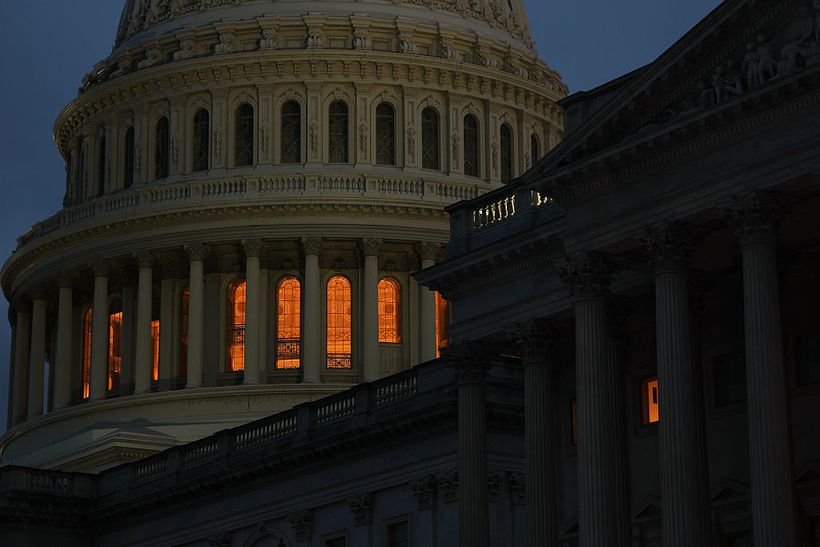1 min
Government Shutdown: With Senate in the spotlight, expert Gerald Gamm offers insight
The Senate returned to Capitol Hill on the first day of a government shutdown to vote on two funding bills aimed at getting the government up and running amid an ongoing blame game among congressional leaders. University of Rochester political scientist Gerald Gamm is watching the deliberations and political maneuverings closely and is in a unique position to lend insight on the negotiations and gamesmanship. Gamm is a co-author of Steering the Senate (Cambridge University Press, June 2025). The book has received high praise from a multitude of sources, and has been called "essential reading for all who care — or worry — about the past and future of institutional leadership and capacity on Capitol Hill," "the best book we have about the organizational development of the Senate," and "a masterpiece . . . that unearths new information on the emergence of leadership institutions and the role of parties and showing their relevance for the Senate of today." Gamm is available for interviews and can be contacted by clicking on his profile.







